Introduction
High blood pressure, also known as hypertension, is one of the most common yet dangerous health conditions affecting millions of people worldwide. Often called the “silent killer,” it can quietly damage your body for years before symptoms appear. If left uncontrolled, high blood pressure increases your risk of serious health problems, including heart attacks, strokes, and kidney failure.
In this blog post, we’ll explore what high blood pressure is, what causes it, how it affects your body, and most importantly, how you can prevent or manage it through lifestyle changes and medical support.
What Is High Blood Pressure?
Blood pressure is the force of blood pushing against the walls of your arteries as your heart pumps. It’s measured in millimeters of mercury (mm Hg) and given as two numbers:
- Systolic pressure (top number): The pressure when your heart beats.
- Diastolic pressure (bottom number): The pressure when your heart rests between beats.
A normal blood pressure reading is usually below 120/80 mm Hg. When the reading consistently exceeds 130/80 mm Hg, it’s considered high.
Causes and Risk Factors
High blood pressure can develop gradually over time or be triggered by other health conditions. Some common causes and risk factors include:
- Unhealthy diet, especially high in sodium and low in potassium
- Lack of physical activity
- Obesity or being overweight
- Excessive alcohol consumption
- Smoking and tobacco use
- Chronic stress
- Family history of hypertension
- Chronic kidney disease or diabetes
Symptoms of High Blood Pressure
Most people with high blood pressure don’t experience symptoms, which is why regular checkups are crucial. In rare cases, extremely high blood pressure may cause:
- Headaches
- Shortness of breath
- Nosebleeds
- Blurred vision
- Chest pain
If you experience any of these symptoms, seek medical attention immediately.
Health Risks of Uncontrolled Hypertension
If not treated, high blood pressure can damage your body in many ways, including:
- Heart Disease – Increased risk of heart attacks, heart failure, and irregular heart rhythms.
- Stroke – High blood pressure can lead to blood vessel rupture or blockage in the brain.
- Kidney Damage – Strains the kidneys, possibly leading to kidney failure.
- Vision Loss – Can damage blood vessels in the eyes.
- Cognitive Decline – Linked to memory problems and dementia.
Managing and Preventing High Blood Pressure
The good news is that high blood pressure is manageable, and often preventable. Here’s how:
✅ Eat a Heart-Healthy Diet
- Focus on fruits, vegetables, whole grains, lean proteins, and healthy fats.
- Limit salt intake to less than 2,300 mg a day (ideally 1,500 mg for most adults).
- Avoid processed and fast foods.
✅ Stay Physically Active
- Aim for at least 30 minutes of moderate exercise (like walking, cycling, or swimming) most days of the week.
✅ Maintain a Healthy Weight
- Losing even a small amount of weight can lower blood pressure if you’re overweight.
✅ Reduce Stress
- Practice relaxation techniques such as yoga, meditation, deep breathing, or spending time in nature.
✅ Avoid Tobacco and Limit Alcohol
- Quit smoking and limit alcohol to moderate levels (1 drink per day for women, 2 for men).
✅ Monitor Your Blood Pressure
- Check your readings regularly at home or during doctor visits to ensure it stays within a healthy range.
✅ Follow Medical Advice
- If prescribed medication, take it as directed. Never stop medication without consulting your doctor.
Conclusion
High blood pressure may not show obvious signs, but it’s a serious condition that requires your attention. With the right lifestyle habits and medical care, you can manage your blood pressure and significantly reduce your risk of life-threatening complications. Remember: prevention is always better than cure—start making small, healthy changes today for a stronger heart tomorrow.
ABOUT THE AUTHOR
Dr. Nora West is a highly skilled MBBS doctor with a special interest in women’s health and patient education. She is dedicated to providing compassionate care and believes in building strong doctor–patient relationships based on trust and understanding. Dr. Nora focuses on empowering her patients with the knowledge they need to make informed decisions about their health. She is particularly passionate about preventive medicine, nutrition, and lifestyle interventions that can significantly improve quality of life. Known for her warmth and professionalism, Dr. Nora combines evidence-based medicine with a personalized approach, ensuring every patient feels supported on their journey to better health.
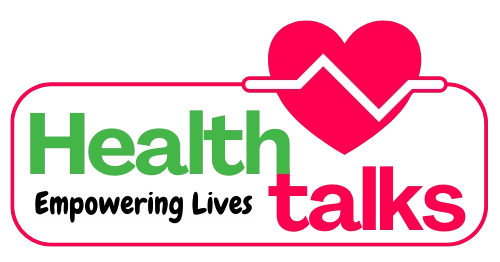
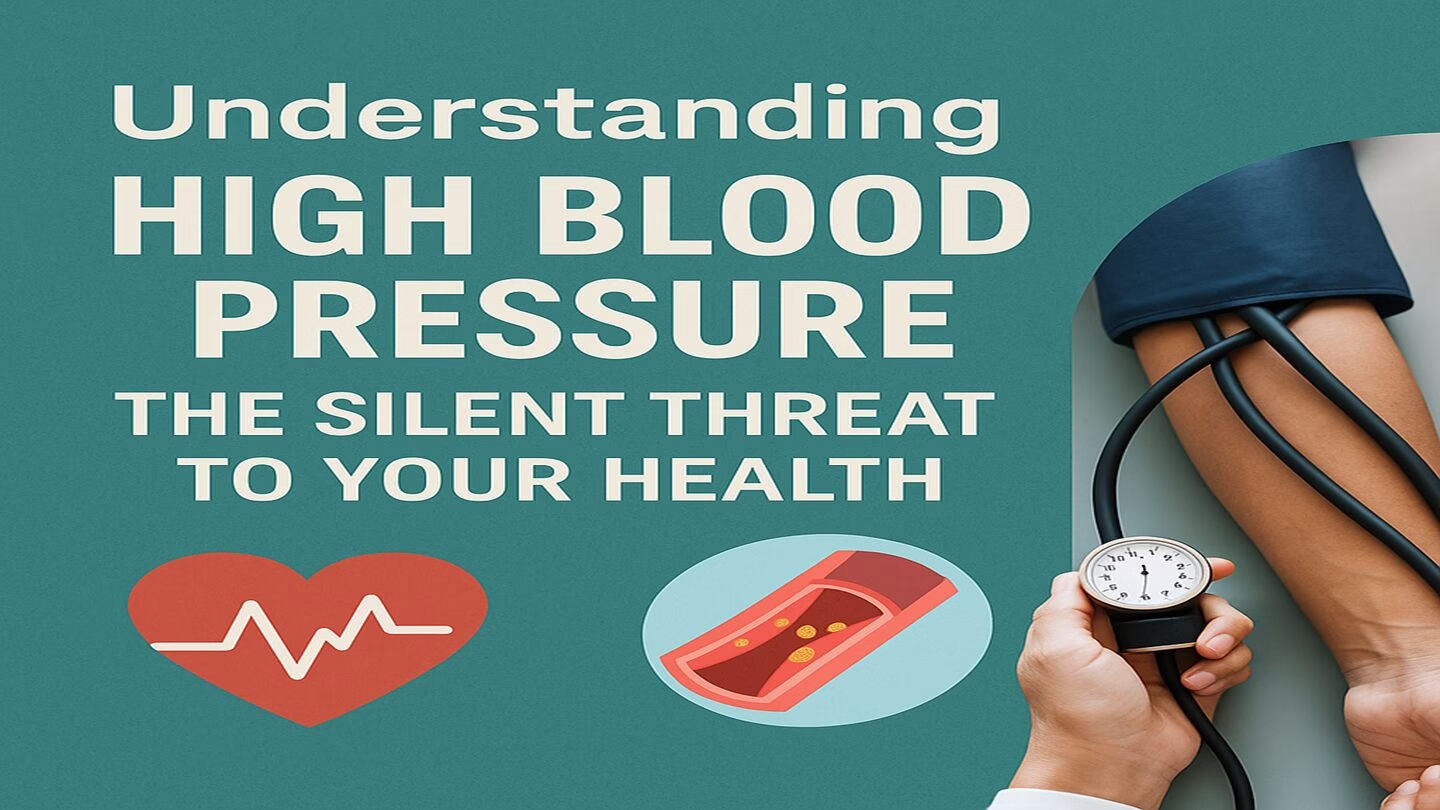
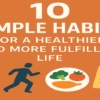
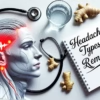
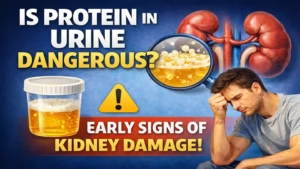

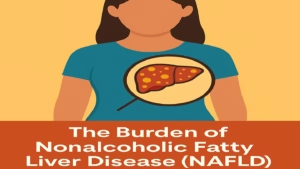
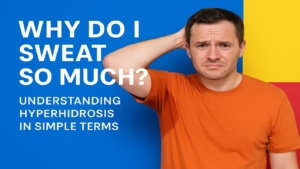
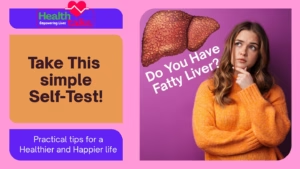
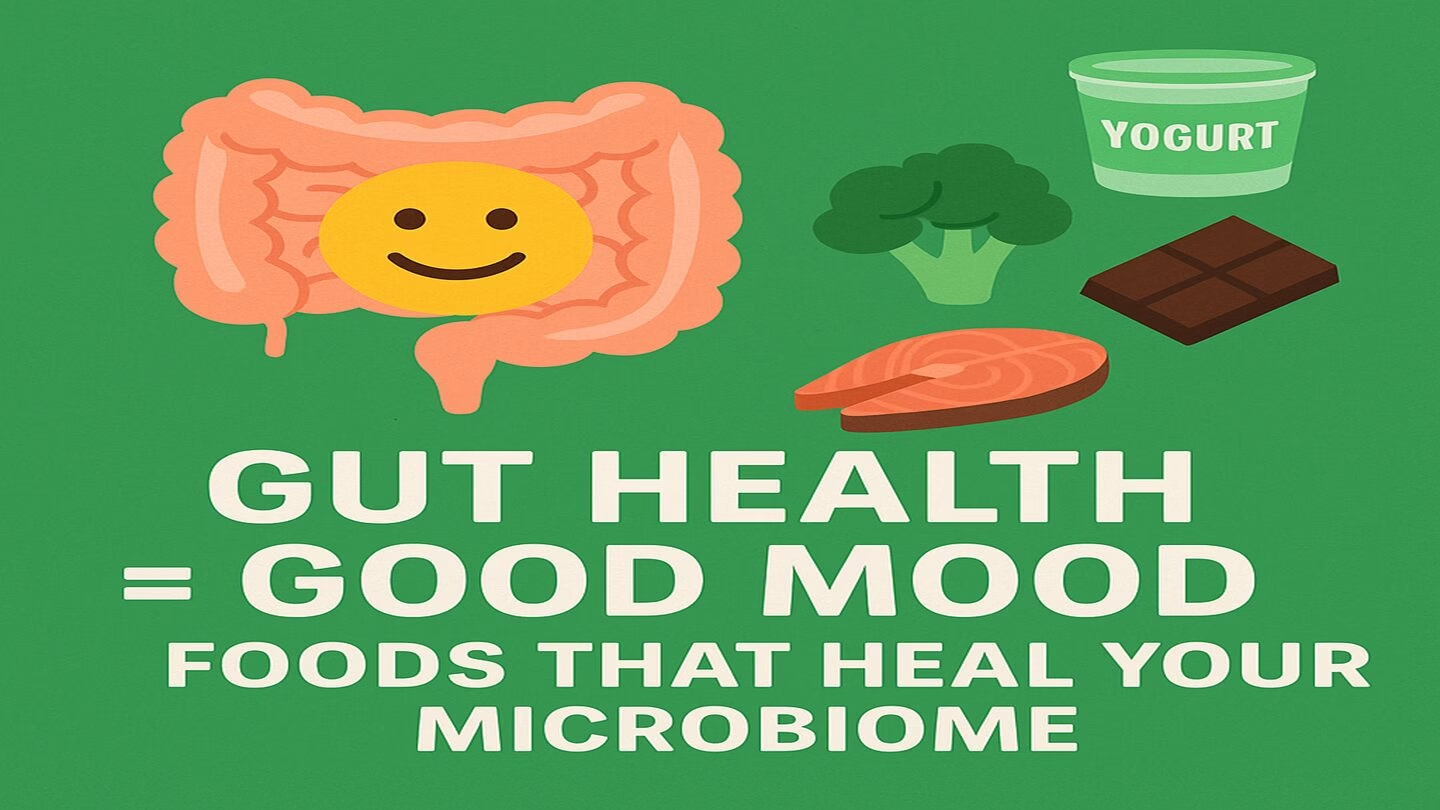
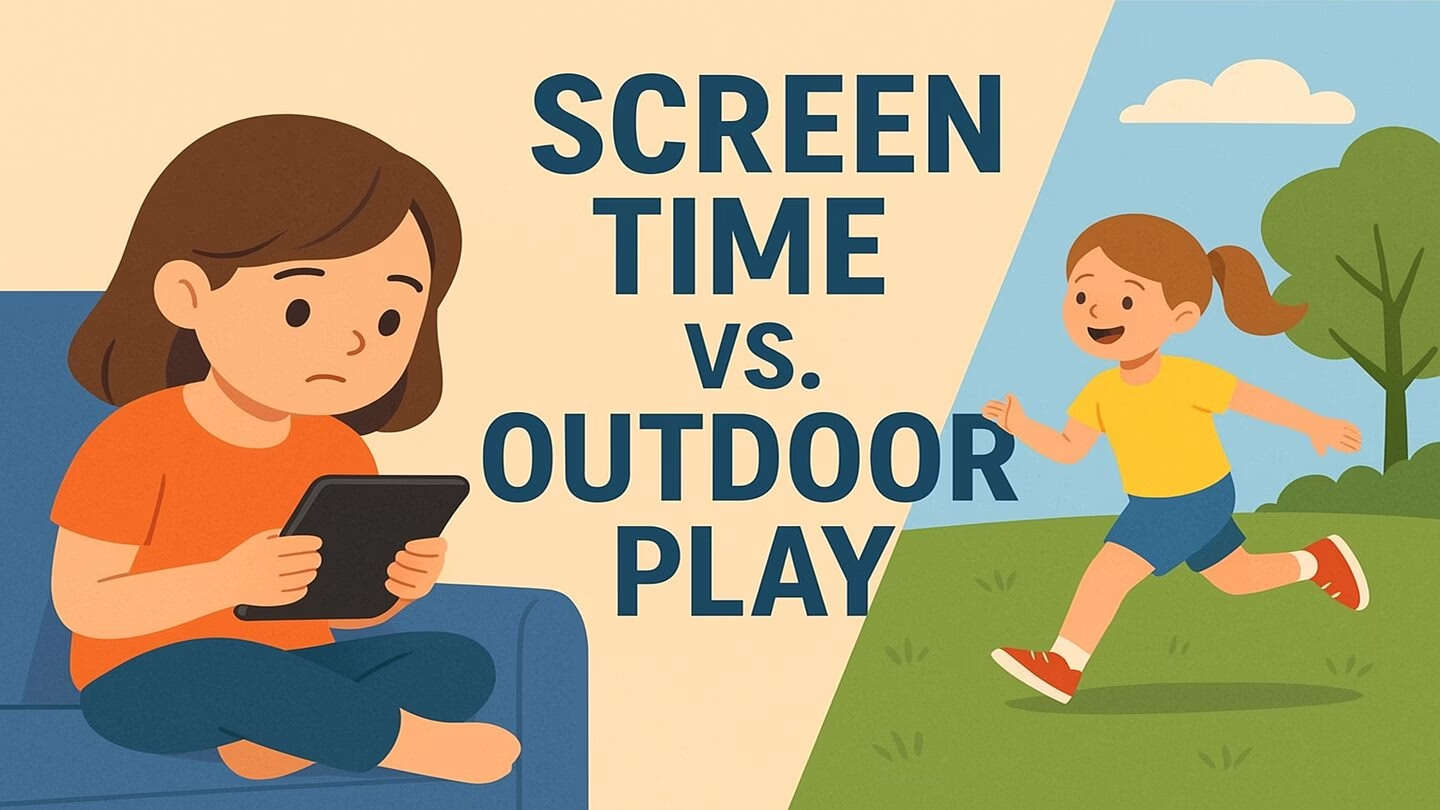
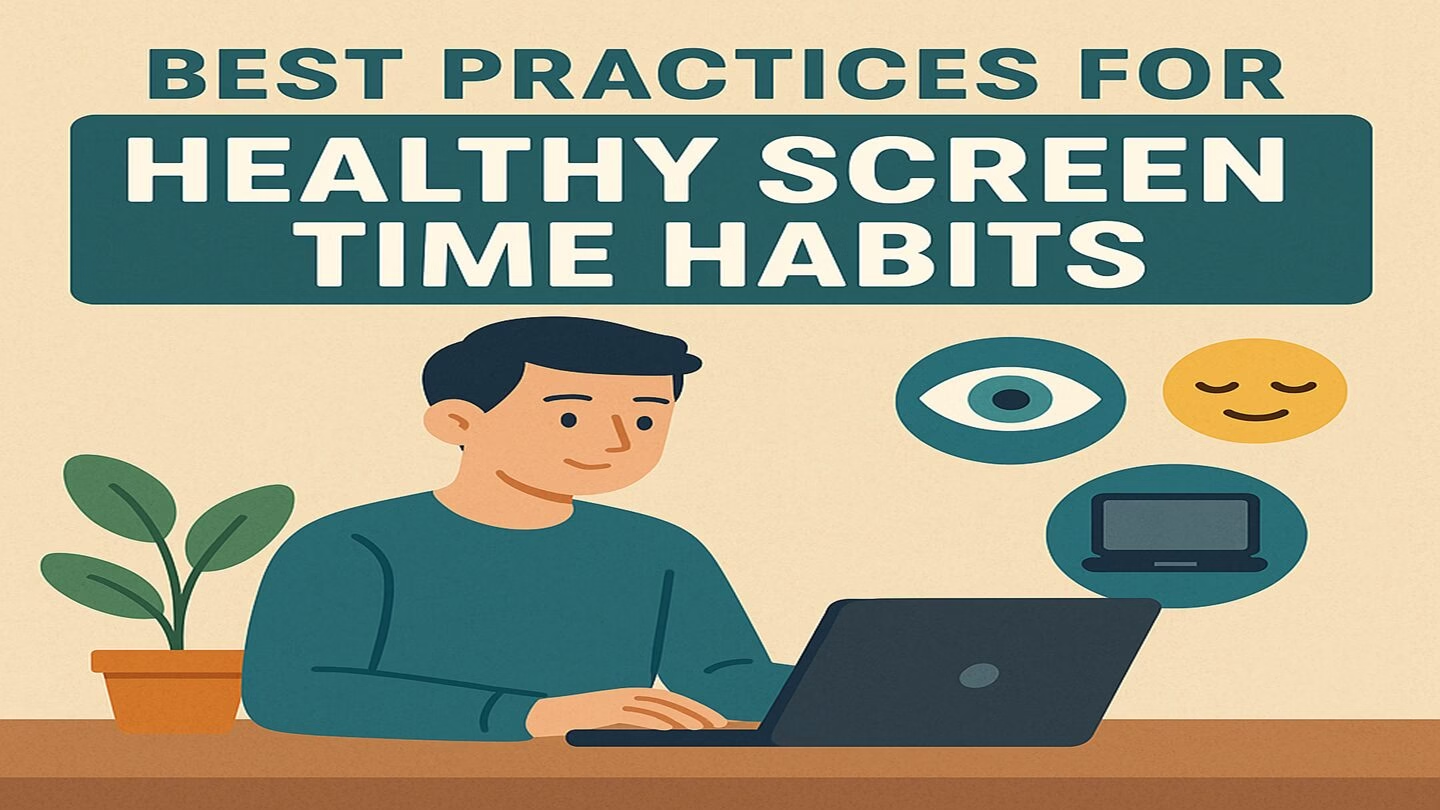
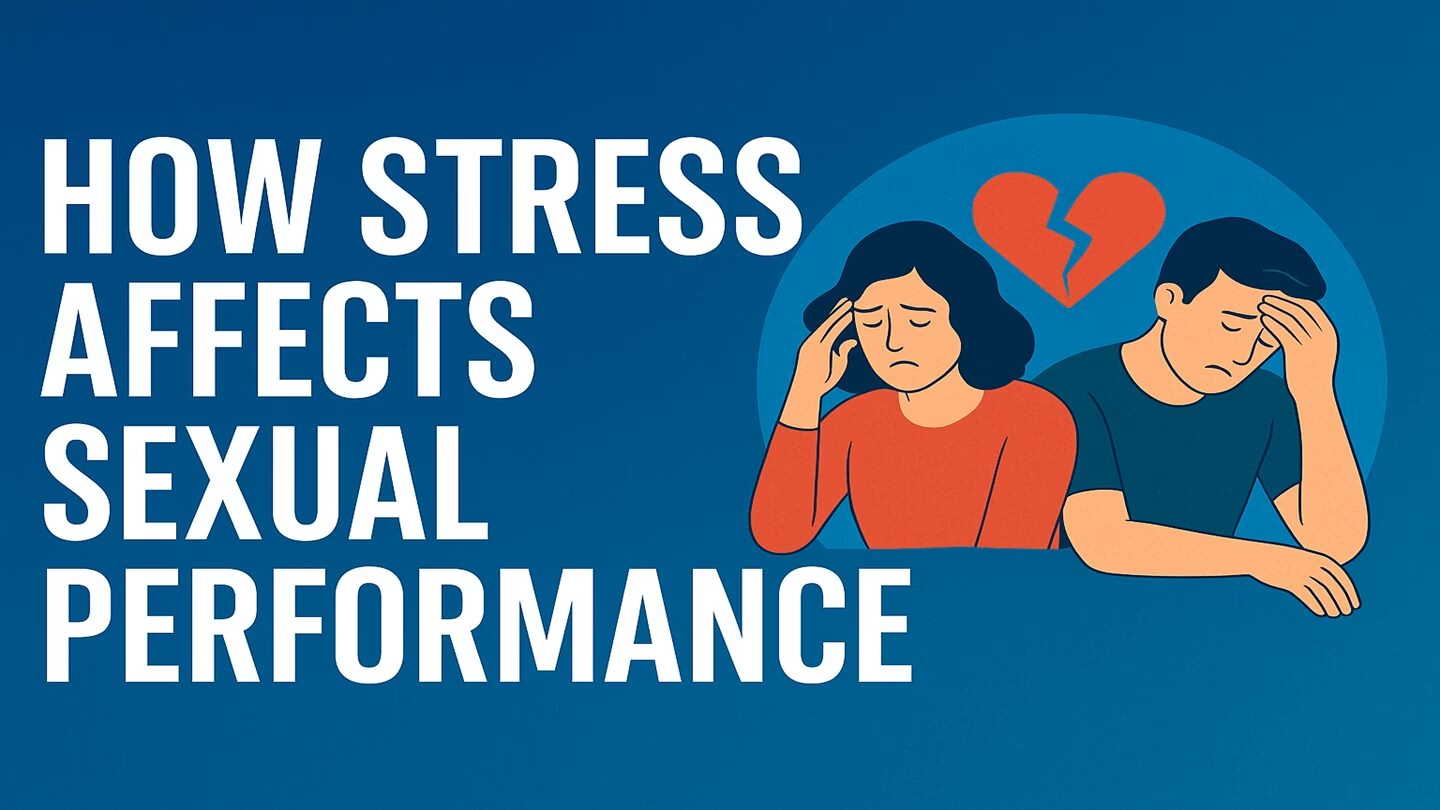
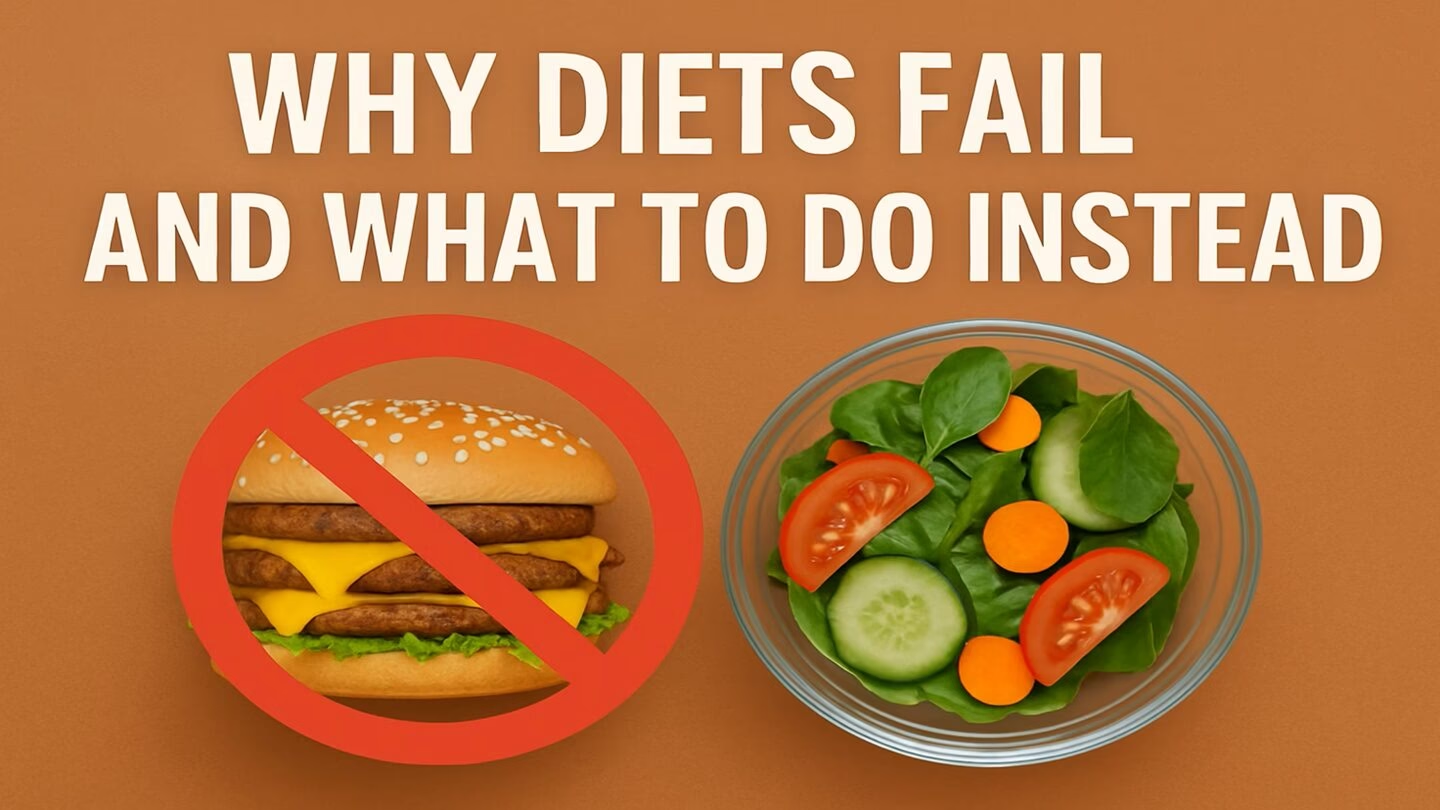
Add comment